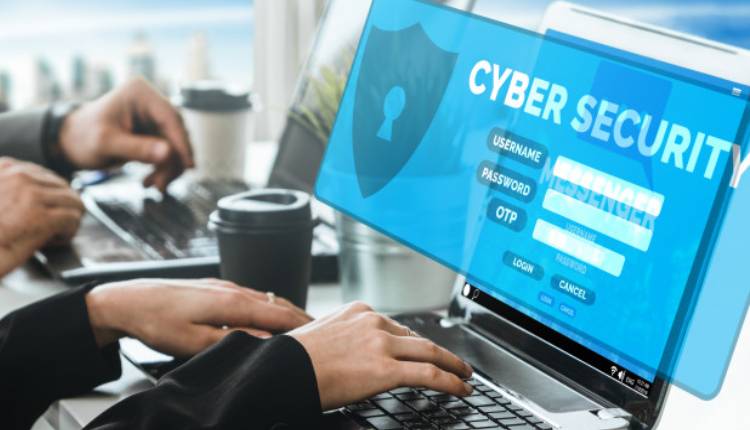According to NTT Ltd’s 2020 Global Network Insights Report, as businesses have been switching more to multi-cloud environments, it has come to the knowledge that the investments in cloud is surpassing organisation’s on-premises infrastructure spend. Also recently, there has been a new WhatsApp scam, where users were being convinced to share their verification codes via an account that pretended to be the WhatsApp technical team.
However, this isn’t the first time WhatsApp faced hacker issues, as just a few while back, Pegasus spyware was discovered, that was snooping on WhatsApp messages on journalists and activists. With the outbreak of the pandemic, things have been quite tough for most internet backed applications and websites. One of the major reasons for this is the vulnerability of people and also the forceful transition to digital tools that have unfortunately proven as a golden opportunity for cybercriminals. Video conferencing apps, emails, suites, and mobile apps have been major victims to many scams and phishing attacks this year.
While steps like creating a security-driven culture if utmost importance is given to creating a security-driven culture that has to play both on the physical and psychological factors. It’s well noted that an organisation needs to explain to its employees as to how they can manage their device security. How important is to to train employees in cybersecurity?
Rajesh Kumar, Director, Cybersecurity, Netrika Consulting India Pvt. Ltd,says, “Negligent employees or fraudulent insider represents almost half of all enterprise data breaches, and they are considered to be the weakest link when attempting to safeguard an organization from cyber threats. More often than not, good-intentioned employees make mistakes or are tricked and pushed towards employee-enacted data breaches. With the current constrained environment, building a culture of cybersecurity, and ultimately establishing a cybersecurity awareness program for the entire workforce has become much more important than ever.
These kind of training programs are generally designed to build awareness around information and cyber security issues, so that breaches can be prevented. The training programs not only avoids threats to turn into breaches but helps improve employee confidence and reduce stress. This further helps retain client’s confidence and stakeholder’s reputation, and ultimately save money for the organization (reduce operational disruptions, avoid loss in direct revenue/reputation, reduced cost of law-suits, avoid theft of IPs and personal data etc.). A solid cybersecurity defense plan in terms of having cyber aware employee is arguably just as important as having a robust technology.”
It can very well be concluded that COVID-19 has made people and organisations more prone and vulnerable towards cyber-attacks. This pushes the need for training employees even more for cyber safety, how much ever difficult or far fetched it may look like. Rakesh Kharwal, Managing Director, India/South Asia & ASEAN, Cyberbit,opines, “COVID-19 has placed organisations into a more vulnerable state with increased cyber risk. If we look at reported attack statistics, phishing attacks have increased by 667% according to Barracuda Networks.
Handling a large increase in attacks while adjusting to a remote working environment has placed cybersecurity professionals under tremendous pressure to keep their network and organisations safe and secure. Additionally, the global skills shortage has left many cybersecurity teams unprepared without effective training. The need for organisations to turn to train tools and environments that can be accessed remotely to effectively educate employees has been accentuated greatly. Training on a simulated real-world environment using real malware and remotely accessible tools will ensure effective preparation, giving your organization the security and protection, it deserves.”
As stated earlier, the process has to start somewhere, and there can be no better than this. When things concern cyber safety and security, it’s now more than ever.

